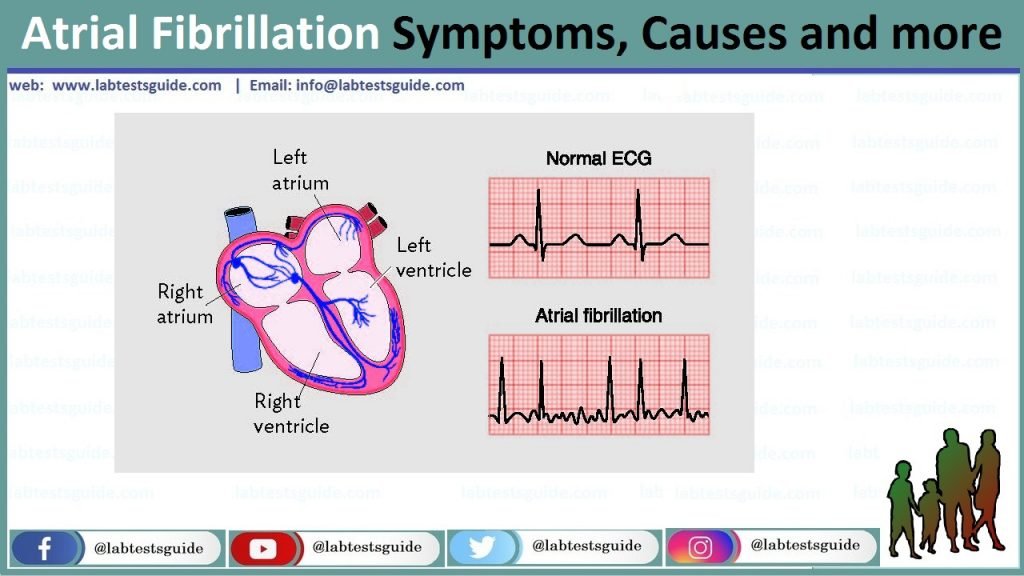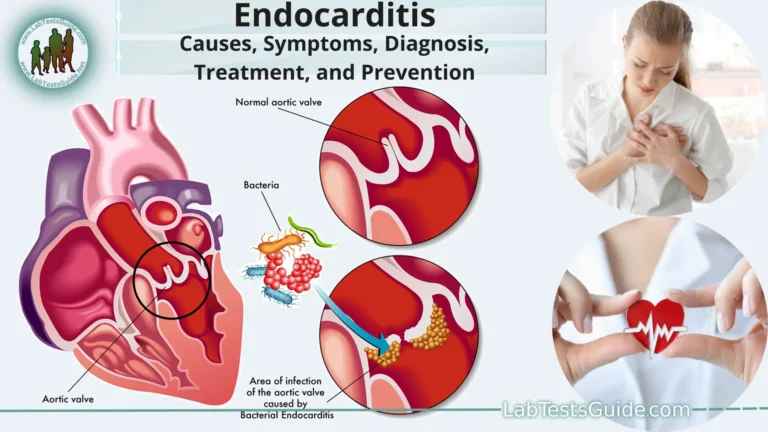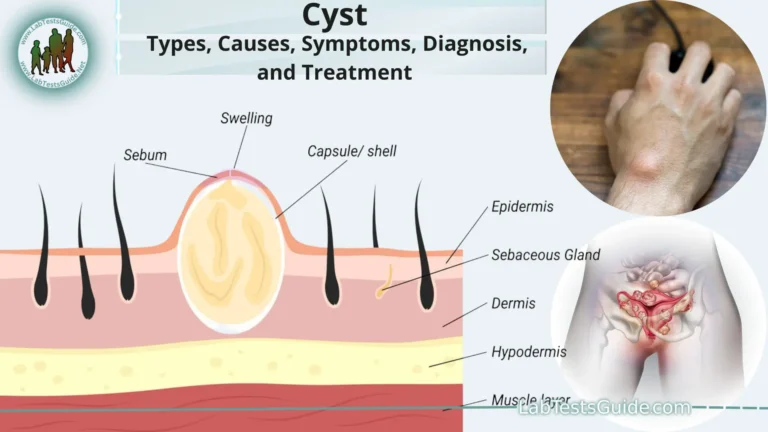Atrial fibrillation is an irregular and often high heart rate that can increase the risk of stroke, heart failure, and other cardiovascular complications.
During atrial fibrillation, two upper chambers of the heart (atria) defeated chaos and irregularities due to coordination with two lower chambers (ventricles) of the heart. Atrial fibrillation symptoms often include heart palpitations, shortness of breath, and weakness.

Symptoms:
Some people with atrial fibrillation have no symptoms and are unaware of their condition until discovered during physical examination. People who have symptoms of atrial fibrillation may experience signs and symptoms such as:
- Lying, which is a feeling of sharp, restless, uncontrollable heartbeat, or palpitations in the chest.
- weakness
- Decreased ability to exercise
- Fatigue
- amazing
- Dizziness
- Shortness of breath
- Chest pain
Possible causes:
Abnormalities or reaching the heart structure are the most common causes of atrial fibrillation. Possible causes of atrial fibrillation include:
- Hypertension
- Heart attack
- Coronary artery disease
- Abnormal heart valves
- Congenital heart defects (congenital)
- An overactive thyroid gland or other metabolic imbalance.
- Exposure to stimulants, such as drugs, caffeine, tobacco, or alcohol.
- Sick Sinus Syndrome: Natural heart rate impairment
- Lung diseases
- Previous cardiac surgery
- Viral infection
- Stress due to surgery, pneumonia or other illnesses.
- Lack of sleep
Risk Factors:
Some factors may increase your risk of developing atrial fibrillation.
These include:
- Age: the higher the risk of developing atrial fibrillation.
- Heart disease: Increases the risk of atrial fibrillation with any heart disease, such as heart valve problems, congenital heart disease, congestive heart failure, coronary artery disease, or a history of heart attack or heart surgery. ۔
- High blood pressure: Hypertension, especially if it is not well controlled with lifestyle changes or medications, can increase the risk of atrial fibrillation.
- Other chronic conditions. Individuals with certain chronic conditions such as thyroid problems, sleep apnea, metabolic syndrome, diabetes, kidney disease, or lung disease are at higher risk of atrial fibrillation.
- Drink alcohol For some people, drinking alcohol can trigger an episode of atrial fibrillation. Excessive drinking can put you at even greater risk.
- Obesity increases the risk of developing atrial fibrillation in obese individuals.
- Family history There is an increased risk of atrial fibrillation in some families.
Preventions:
In order to prevent atrial fibrillation, it is important to guide your cardiovascular lifestyle to reduce the risk of heart disease. Healthy lifestyles may include:
- Eat healthy heart foods
- Increase your physical activity
- Avoid smoking
- Maintain a healthy weight.
- Limit or avoid caffeine and alcohol.
- Reduce stress, as severe stress and anger can cause heart rhythm problems.
- Use as many antidepressants as possible, as some colds and cough medicines have stimulants that can trigger a rapid heartbeat.





